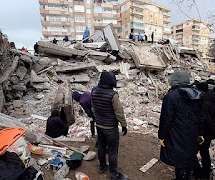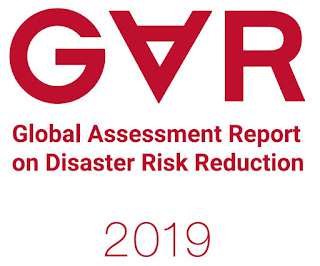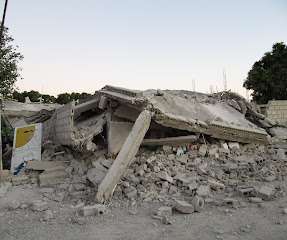Reflections on the Turkish-Syrian Earthquakes of 6th February 2023: Building Collapse and its Consequences
Emergency Planning
FEBRUARY 8, 2023
Most of them are highly vulnerable to seismic forces. How much simpler to attribute it all to anonymous forces within the ground! It was notable that, in many buildings that pancaked in Turkey and Syria, the collapses left almost no voids at all, thanks to the complete fragmentation of the entire structure. Ecemis, S.Z.










Let's personalize your content